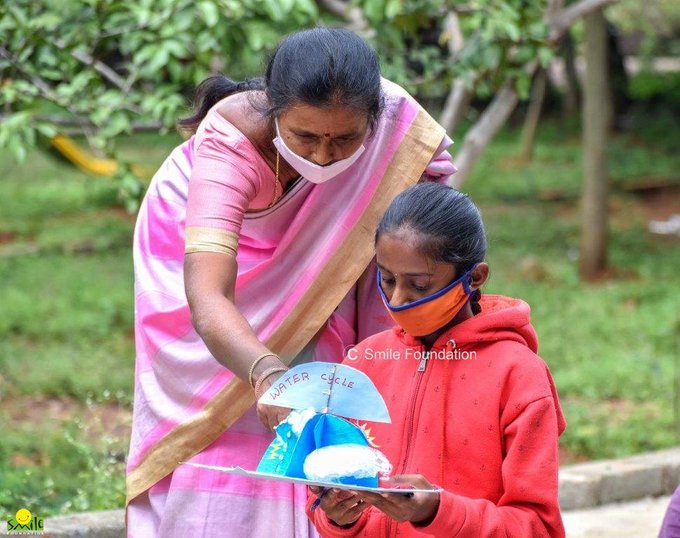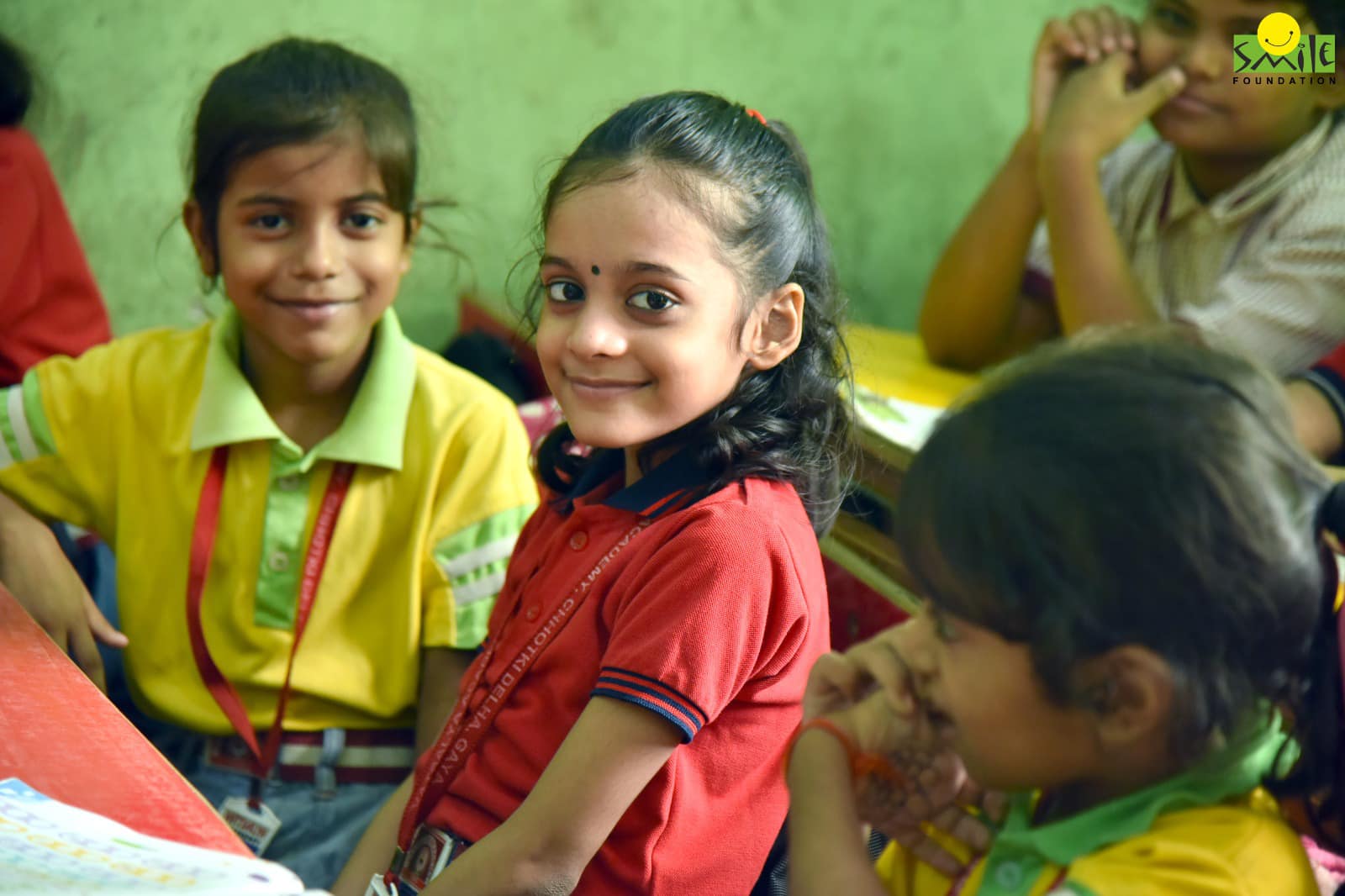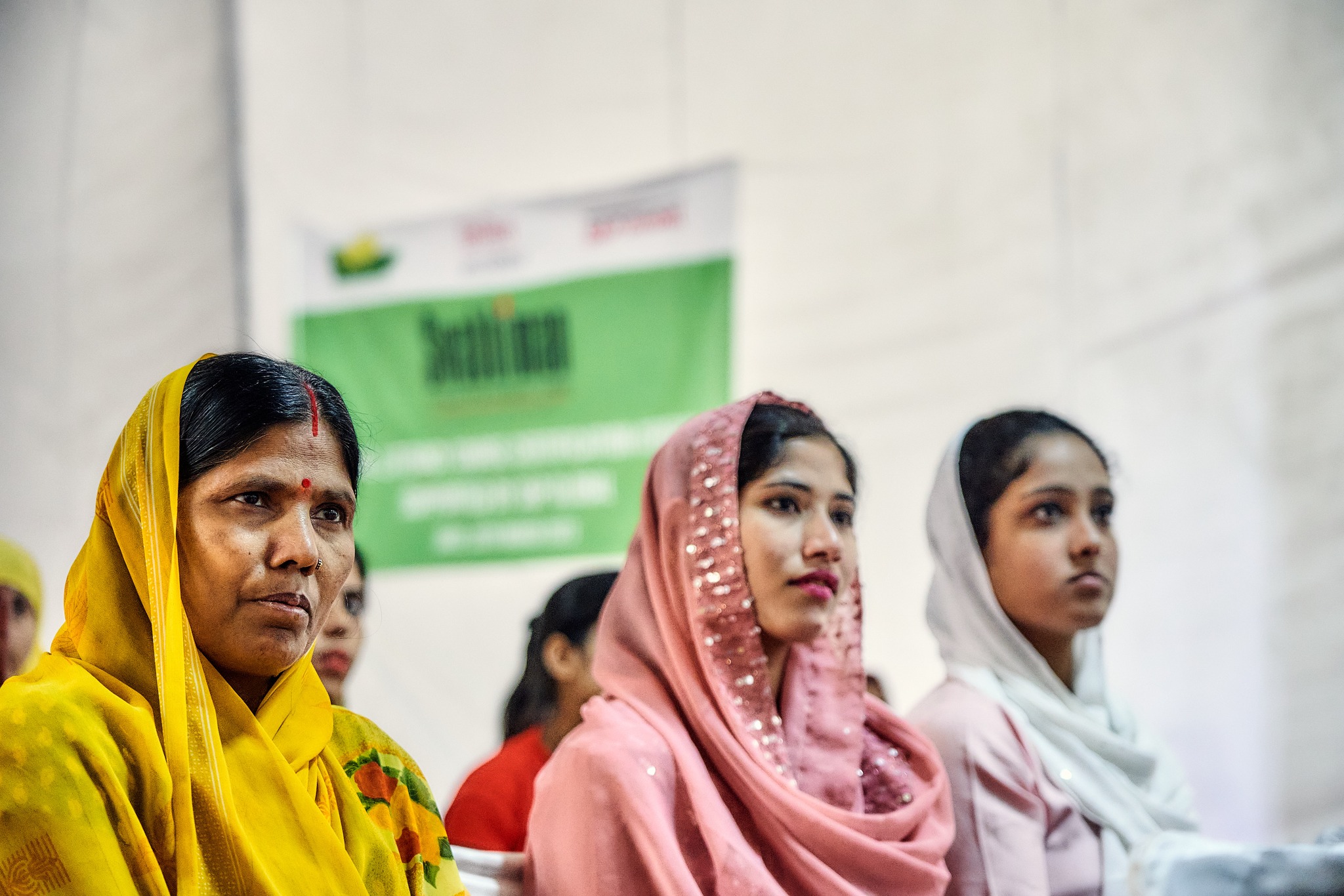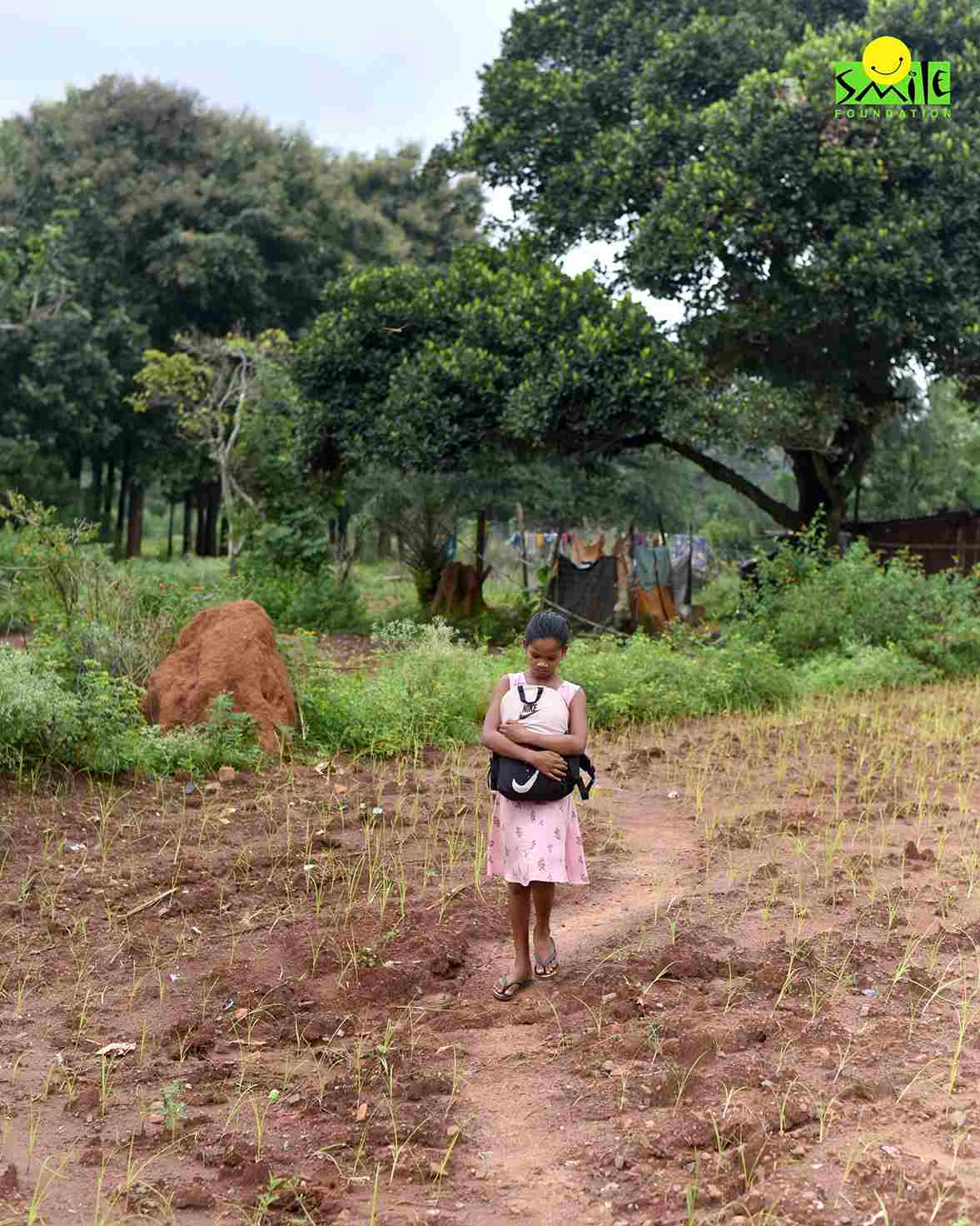Rote Learning or Learning by Repetition is a technique which focuses on learning through repetition and memorization. It is a technique which is mechanical in nature, deploying the use of memory usually with less intelligence. German psychologist Hermann Ebbinghaus (1850-1909) devised 2,300 three-letter nonsense syllables for measuring the formation of mental associations and carried out much research on rote learning and memory. He concluded that memory is orderly which is important in some cases when knowledge needs to be drawn upon in various different real-world situations. Learning alphabets or numbers in the early stages of education are some important and necessary examples of rote learning. It helps develop foundational knowledge, but at the same time using it as a method to be regularly inflicted upon students in a classroom environment instead of meaningful learning for children is incorrect. It has now become a basis for schools in India to carry out educational activities following the rote method which clearly spells out discouragement of creative or critical thinking.
Intelligence is mainly considered as the ability of a person to efficiently memorize things. Instead of reasoning and using analytical skills a student simply memorizes answers or if required the entire course book and appear for exams. The speed at which a child can recall their answers is seen as a parameter of their intelligence. This kind of learning does not allow a child to fully understand what they are actually studying and eventually the child falls into the vicious cycle of memorizing before examinations and forgetting lessons with the passing of time. The content heavy curriculum minus practicals, the idea of competition based on scoring marks only has completely taken over the system of learning for children. This method multiplies our production of a workforce that neither has a complete understanding of their own subject and nor are they completely skilled.
The alternative to Rote learning is Meaningful learning wherein the students are fully engaged in the process of learning. Meaningful Learning deploys the methods of gaining knowledge through understanding, asking questions, being actively involved in piecing a puzzle together to get the correct desired outcome. Meaningful learning encourages understanding first and focuses on the constructive outcome of the learning process. The focus on underlying skills such as comprehension, problem solving, critical thinking and logical reasoning through meaningful learning ensures that the children are adept at complex problem solving for all their futures.
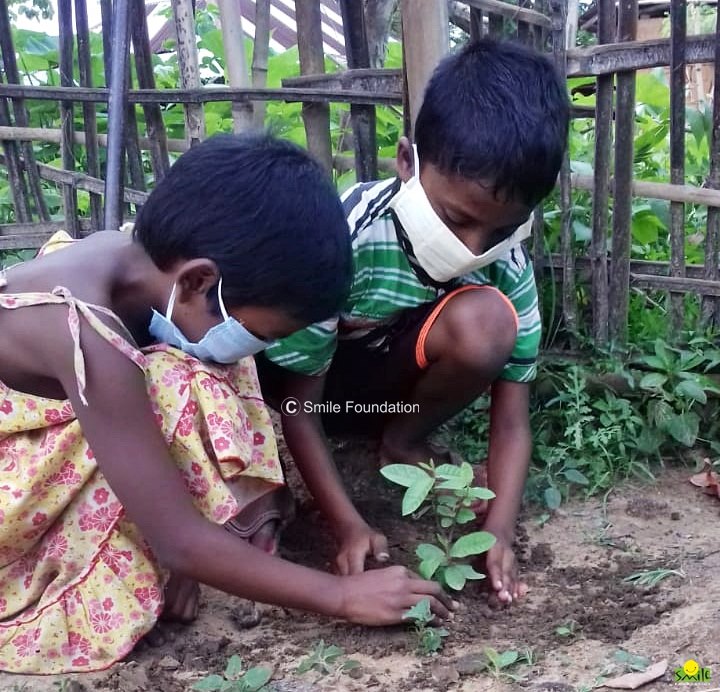
When the process of meaningful learning leads children to analyze and question it also gives rise to critical thinking which helps children think with more clarity and make smarter choices in the future. Critical thinking is a concept that has been developing throughout the past 2,500 years and has its roots in the mid-late 20th century. When a child grows up to be a critical thinker he/she thinks with an open mind, raises relevant questions and communicates effectively. Many Universities in India and the world have started holding open text book exams in an attempt to test critical thinking of students.
The recently introduced New Education Policy can be seen as a welcome change against the old system of learning based on Rote. The new policy promises to bring changes and revolutionize the Indian Education system. One of the most significant changes of the policy is the extension of Right to Education from age 14 to the age of 18. It would be compulsory for the schools to engage students in active learning through class participation by focusing more on dialogue exchange, case studies, and practical on and off-campus; to gain experiences that make learning meaningful and fun along with more focus on vocational subjects. There will be more focus on digital learning across all institutions. This integration will be done to improve classroom processes and enhance learning and assessment.
To conclude it can be said that the New Education Policy is a welcome change for students as the idea is to encourage them to understand concepts, engage with the lesson, and prepare them for implementation. We can only be a progressive society if our goal is to educate children for them to adapt and thrive in the world outside and be well equipped to solve any problems that come their way.
To know more about Smile Foundation’s education programme visit https://www.smilefoundationindia.org/education.html



